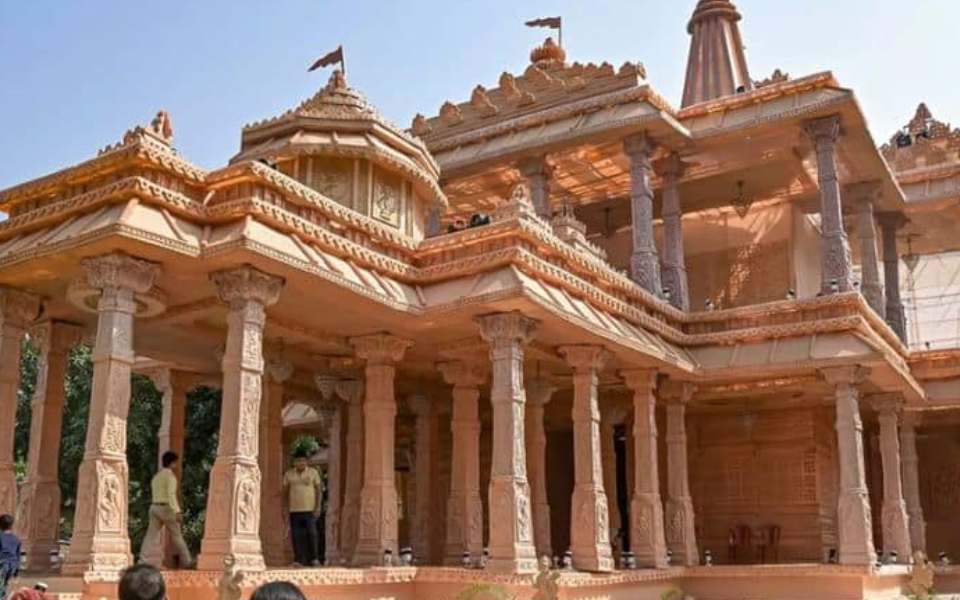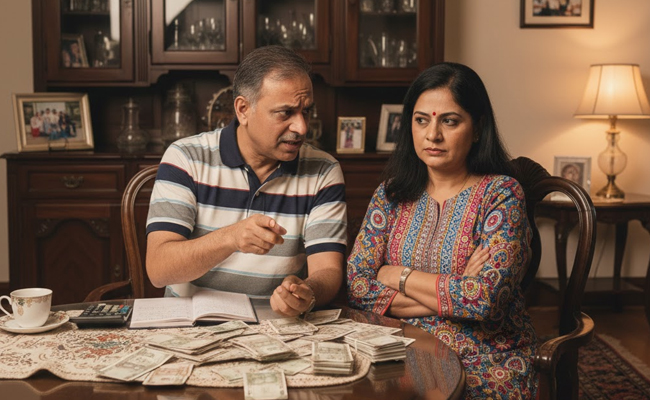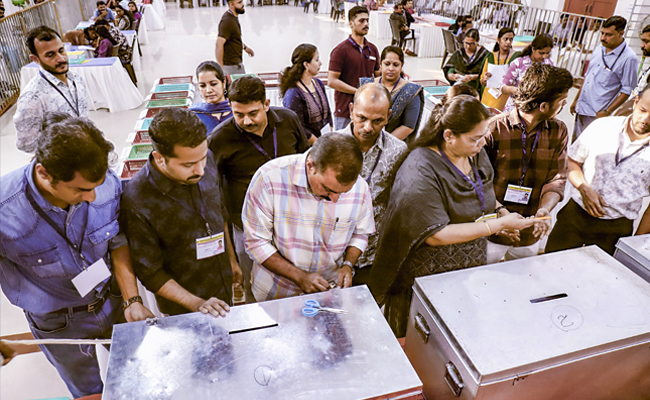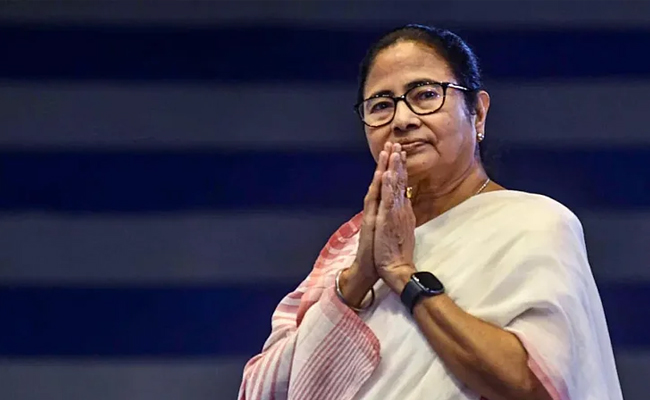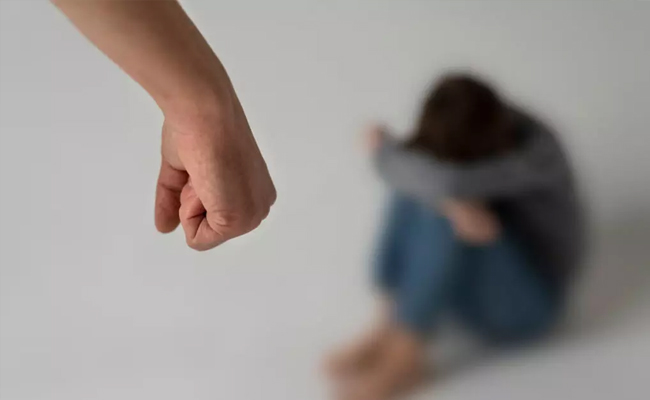Bengaluru: On January 22, as the consecration ceremony and unveiling of the Ram Lalla idol took place in Ayodhya, the streets of Bengaluru's Jayanagar resonated with the chant "Kashi Mathura baaki hai" (Kashi and Mathura remain). While the celebrations were centered around temples, special prayers, and devotional songs, residents gathered for a live screening outside the Vinayaka temple in Jayanagar. Kannada actor Tara was present at the event.
Residents expressed joy, considering it the "golden age of Bharat," attributing the occasion to Prime Minister Modi's efforts. Some highlighted the reclamation of temples, especially Ayodhya, but viewed it as just the beginning. Criticism was directed at Karnataka Chief Minister Siddaramaiah for not declaring January 22 as a holiday, with residents deeming it an essential day in Indian history.
“This is such an important day in Indian history, how can the government not declare a holiday?” asked a 40-year-old techie who had brought his daughter along.
A Jayanagar resident claimed this is “the golden age of Bharat.” “Modiji made this possible. It would have been a great honour to witness the consecration at Ayodhya but that's not possible, so witnessing this with the community is a joy,” he said.
When asked about the slogan on Kashi and Mathura, one of the residents donning a saffron shawl said, “This is just the beginning. They destroyed so many temples and Ayodhya is an instance of us reclaiming them. But as of now, it’s time to enjoy this moment.”
Navrathan Jewellers on MG Road celebrated by installing a life-size Ram idol, with employees dancing and chanting 'Jai Shree Ram.' A procession near Mysuru Bank Circle featured artistes portraying Ram, Sita, Lakshman, and Hanuman.
The Pran Prathishta ceremony in the Ayodhya Ram temple, attended by PM Narendra Modi, RSS chief Mohan Bhagwat, UP Governor Anandiben Patel, CM Yogi Adityanath, and Pejavar math seer Vishwaprasanna Thirtha Swami, took place from 12:20 pm to 12:28 pm.
In Varanasi, the proximity of the Gyanvapi Mosque to the Kashi Vishwanath temple has contended a long-standing debate. Hindu groups advocate for the mosque's demolition, claiming it was built on a temple's remains. In Mathura, Hindu petitioners argue that the Shahi Idgah Mosque stands on Lord Krishna's birthplace. Last year, the Allahabad High Court consolidated cases related to the Krishna Janmabhoomi-Idgah dispute.
Source: The News Minute
Let the Truth be known. If you read VB and like VB, please be a VB Supporter and Help us deliver the Truth to one and all.
Prayagraj (PTI): The Allahabad High Court has set aside a lower court order mandating a man to pay maintenance to his estranged wife, observing that she earns her living and did not reveal the true salary in her affidavit.
Justice Madan Pal Singh also allowed a criminal revision petition filed by the man, Ankit Saha.
"A perusal of the impugned judgment indicates that in the affidavit filed before the trial court, the opposite party herself admitted that she is a post-graduate and a web designer by qualification. She is working as a senior sales coordinator in a company and getting a salary of Rs 34,000 per month," the court said in the December 3 order.
"But in her cross-examination, she has admitted that she was earning Rs 36,000 per month. Such an amount for a wife who has no other liability cannot be said to be meagre; whereas the man has the responsibility of maintaining his aged parents and other social obligations," it observed.
The high court observed that the woman was not entitled to get any maintenance from her husband "as she is an earning lady and able to maintain herself".
The man's counsel argued in court that the estranged wife did not reveal the whole truth in the affidavit.
"She claimed herself to be an illiterate and unemployed woman. When the document filed by the man was shown to her before the trial court, she admitted her income during cross-examination. Thus, it is clear that she did not come before the trial court with clean hands," the counsel submitted.
The court, in its order, said, "Cases of those litigants who have no regard for the truth and those who indulge in suppressing material facts need to be thrown out of the court."
It impugned the lower court's February 17 judgment and order, passed by the principal judge of a family court in Gautam Buddh Nagar and allowed the criminal revision petition filed by the man.

